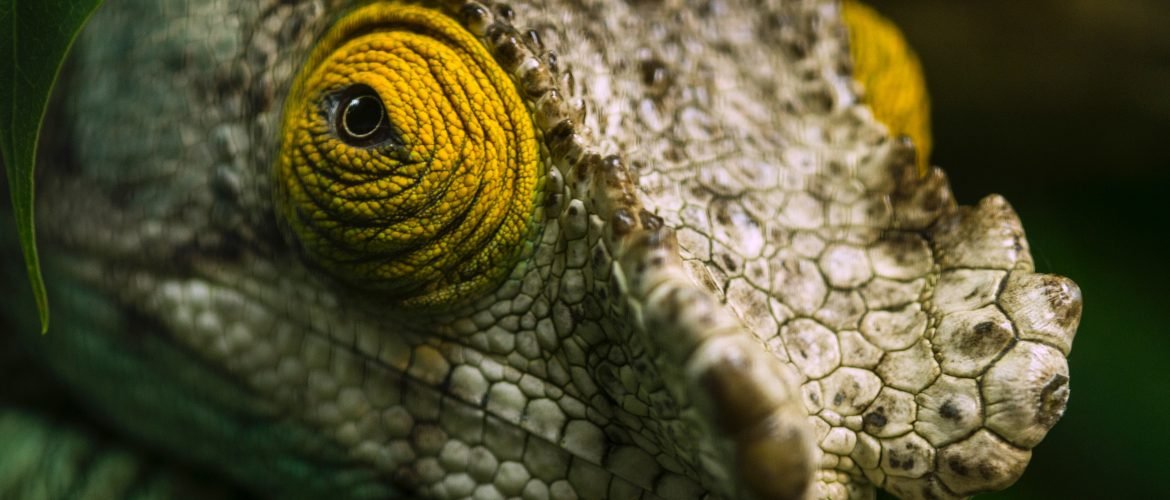The foods we eat, the air we breathe, the water we drink and the climate that makes our planet habitable all come from nature. For instance, each year, marine plants produce more than a half of our atmosphere’s oxygen, and a mature tree cleans our air, absorbing 22 kilos of carbon dioxide, releasing oxygen in exchange. Despite all the benefits that our nature give us, we still mistreat it. That is why we need to work on that. That is why we need this Observance.
World Environment Day, hosted by Colombia this 2020, is the most renowned day for environmental action. Since 1974, it has been celebrated every year on 5th June: engaging governments, businesses, celebrities and citizens to focus their efforts on a pressing environmental issue.
This year, the theme is biodiversity – a concern that is both urgent and existential. Recent events, from bush fires in Brazil, the United States, and Australia to locust infestations across East Africa and Asia – and now, a global disease pandemic – demonstrate the interdependence of humans and the webs of life, in which they exist.
Biodiversity is the foundation that supports all life on land and below water. It affects every aspect of human health, providing clean air and water, nutritious foods, scientific understanding and medicine sources, natural disease resistance, and climate change mitigation. Changing, or removing one element of this web affects the entire life system and can produce negative consequences.
The emergence of COVID-19 has underscored the fact that, when we destroy biodiversity, we destroy the system that supports human life. Today, it is estimated that, globally, about one billion cases of illness and millions of deaths occur every year from diseases caused by corona viruses; and about 75 per cent of all emerging infectious diseases in humans are zoonotic, meaning that they are transmitted to people by animals.
Nature is sending us a message.
An article by The United Nations on Wold Environment Day



